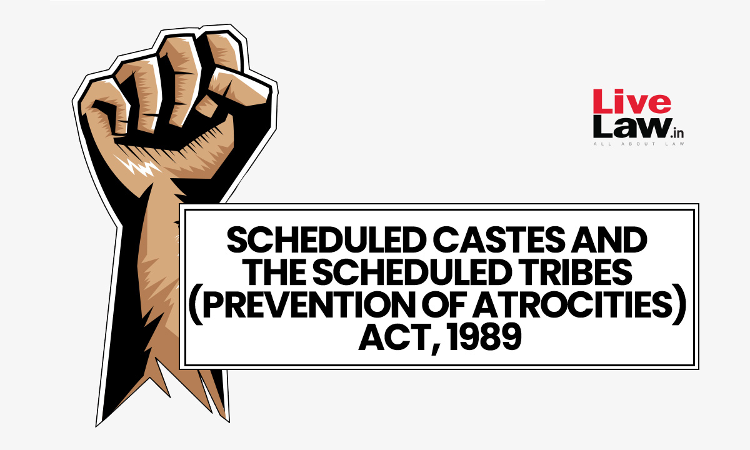SC/ST Act Designed To Safeguard Marginalized Communities, Not Score-Settling Persecution: Jharkhand High Court
Bhavya Singh
21 Sept 2023 9:45 AM IST

Next Story
21 Sept 2023 9:45 AM IST
The Jharkhand High Court has underscored the essence and purpose of the Scheduled Castes and the Scheduled Tribes (Prevention of Atrocities) Act, 1989 (SC/ST Act), emphasizing its role in safeguarding the interests of marginalized sections of society and warning against its misuse as a tool for settling personal scores.Justice Gautam Kumar Choudhary, presiding over the case, pointed out...
